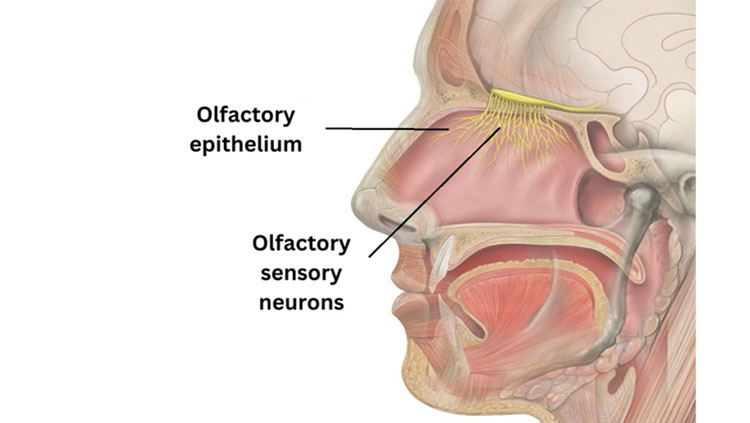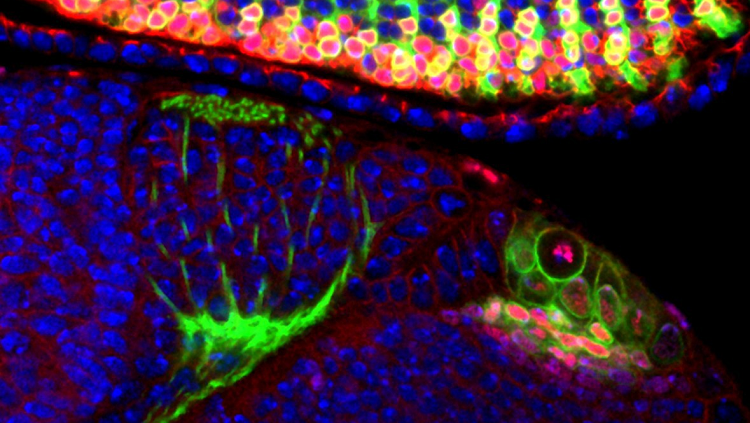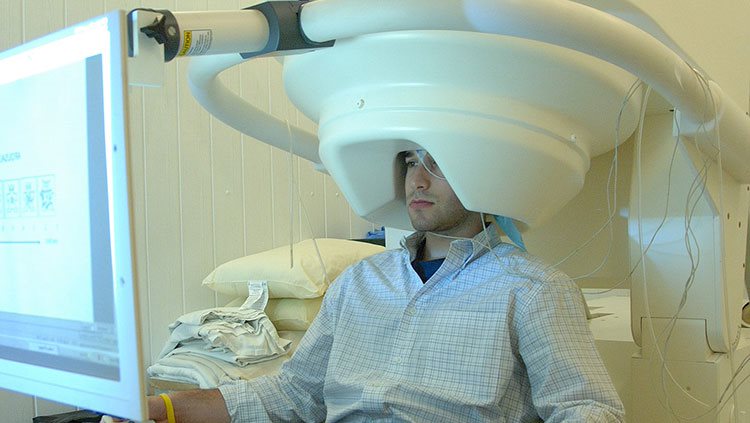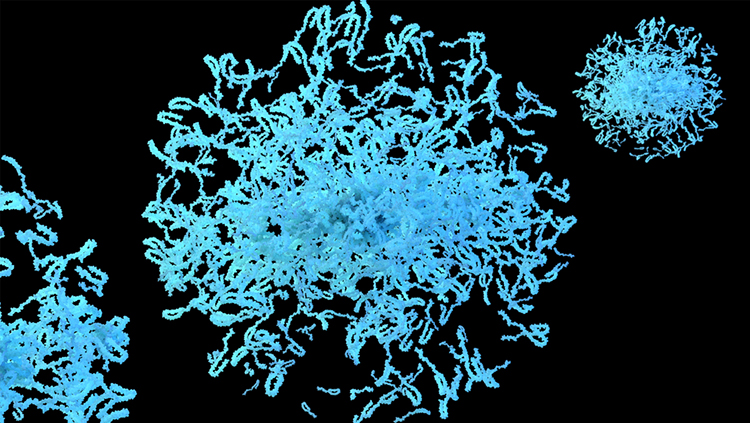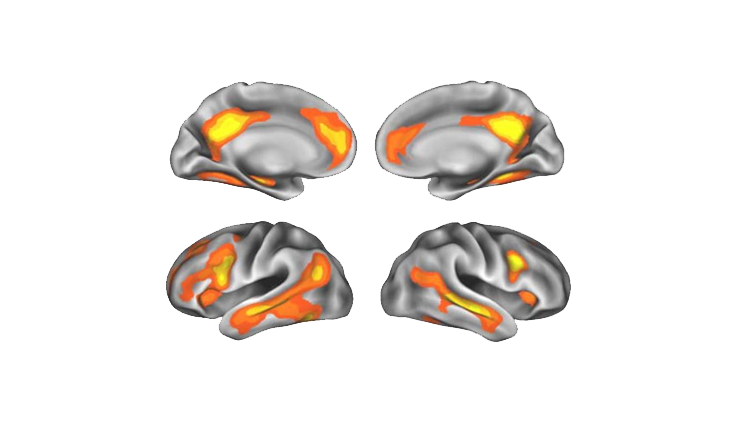Filter
-
(1)
-
(1)
-
-
(16)
-
(13)
-
(5)
-
-
(7)
-
(46)
-
(56)
-
(4)
-
(1)
-
(3)
-
(4)
-
(7)
-
(3)
-
(5)
-
(2)
-
(11)
-
(5)
-
(2)
-
(1)
-
(1)
-
(1)
-
(2)
-
(1)
-
(1)
-
(4)
-
(4)
-
(1)
-
(1)
-
(5)
-
(1)
-
-
(73)
-
(1)
-
(20)
-
(24)
-
(6)
-
(24)
-
-
(14)
-
(7)
-
(55)
-
(3)
-
(5)
-
(6)
-
(31)
-
(9)
-
(2)
-
(8)
-
-
(469)
-
(153)
-
(94)
-
(209)
-
(32)
-
(76)
-
(1)
-
-
(12)
-
(3)
-
(4)
-
(5)
-
-
(3)
-
(3)
-
-
(73)
-
(13)
-
(8)
-
(6)
-
(50)
-
(17)
-
-
(13)
-
(13)
-
-
(26)
-
(8)
-
(18)
-
(1)
-
(3)
-
-
(7)
-
(22)
-
(55)
-
(2)
-
(13)
-
(14)
-
(3)
-
(27)
-
(5)
-
-
(408)
-
(40)
-
(23)
-
(8)
-
(42)
-
(12)
-
(19)
-
(44)
-
(129)
-
(66)
-
(1)
-
(98)
-
-
(37)
-
(2)
-
(1)
-
(66)
-
(3)
-
(31)
-
(11)
-
(8)
-
(27)
-
-
(12)
-
(5)
-
(33)
-
(12)
-
(8)
-
(5)
-
(6)
-
(5)
-
-
(21)
-
(5)
-
(5)
-
-
(9)
-
(7)
-
(2)
-
(5)
-
-
(450)
-
(208)
-
(107)
-
(15)
-
(128)
-
-
(29)
-
(9)
-
(8)
-
(12)
-
-
(14)
-
(4)
-
(8)
-
(6)
-
(2)
-
-
(54)
-
(4)
-
(5)
-
(13)
-
(12)
-
(2)
-
(33)
-
-
(31)
-
(3)
-
(31)
-
-
(5)
-
(5)
-
(54)
-
(3)
-
(36)
-
(3)
-
(11)
-
(1)
-
(11)
-
-
(23)
-
(4)
-
(11)
-
(6)
-
(2)
-
(3)
-
-
(25)
-
(4)
-
(4)
-
(19)
-
-
(343)
-
(66)
-
(101)
-
(82)
-
(55)
-
(35)
-
-
(7)
-
(1)
-
-
(9)
-
(6)
-
(6)
-
-
(13)
-
(8)
-
(24)
-
(17)
-
(5)
-
(1)
-
(1)
-
(3)
-
(1)
-
-
(2)
-
(2)
-
-
(1)
-
(1)
-
-
(40)
-
(17)
-
(25)
-
(1)
-
(4)
-
-
(3)
-
(3)
-
-
(9)
-
(4)
-
(8)
-
(1)
-
-
(25)
-
(12)
-
(12)
-
(4)
-
(17)
-
-
(20)
-
(8)
-
(4)
-
(3)
-
(8)
-
-
(50)
-
(17)
-
(9)
-
(12)
-
(4)
-
(11)
-
-
(684)
-
(36)
-
(93)
-
(40)
-
(92)
-
(117)
-
(34)
-
(37)
-
(127)
-
(12)
-
(76)
-
(34)
-
(51)
-
(26)
-
(13)
-
(152)
-
(25)
-
(74)
-
-
(71)
-
(2)
-
(2)
-
(11)
-
(3)
-
(9)
-
(4)
-
(29)
-
(6)
-
(10)
-
(7)
-
-
(1)
-
(1)
-
-
(13)
-
(4)
-
(3)
-
(1)
-
(6)
-
-
(649)
-
(37)
-
(198)
-
(44)
-
(246)
-
(8)
-
(6)
-
(91)
-
(35)
-
(7)
-
(85)
-
(17)
-
(95)
-
(64)
-
(104)
-
(139)
-
(65)
-
(9)
-
(10)
-
(27)
-
(49)
-
(15)
-
(25)
-
(103)
-
(21)
-
(1)
-
(81)
-
(12)
-
(1049)
141 - 150 of 1233 results
-
Ever wonder why a certain smell strikes a chord of nostalgia? Research suggests it has to do with the unique way our sense of smell is processed in the brain.
-
UCLA’s Susan Perry has devoted decades to studying the fast-motion life of these New World primates and learning how the young acquire the skills they need to thrive.
-
With more than half of its tiny brain devoted to sight, the fruit fly is a favorite animal model for scientists studying the visual system.
-
Even though psychological stress often plays a role in yips and twisties, new research notes some cases may have origins starting in deeper brain regions.
-
Human neuroscience research tends to center around noninvasive imaging tools for studying brain function.
-
Alpha-synuclein proteins assist in neurotransmitter release. But if the proteins clump up, they can contribute to neurodegeneration seen in Parkinson’s. Scientists are examining how they spread and how our brains clear these toxic clumps.
-
Studies show psychological strain can accelerate tumors — could beta blockers slow them down?
-
Conspiracy theories take advantage of our pattern-seeking brains by grabbing attention, triggering strong emotions, and giving meaning to random events. Researchers think dopamine could be to blame when people forgo the facts for fiction.
-
Elseline Hoekzema and her research team studied physical changes in (human) moms’ brain structure by scanning the brains of about 80 men and women
-
Basic research in mice turned into a “Eureka!” moment in the lab of Jamie Maguire.


